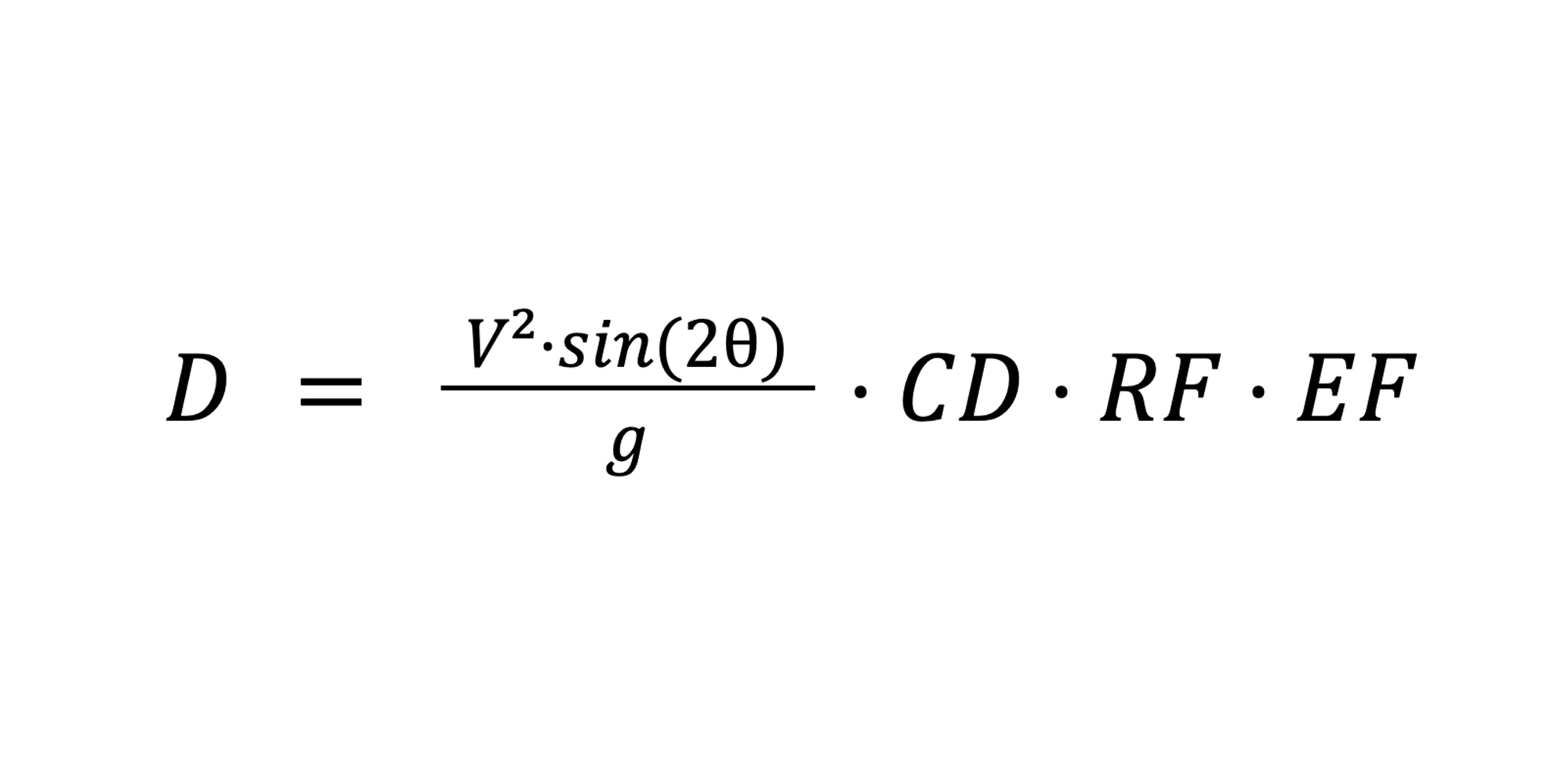The Science of Stage Diving: Calculating the Perfect Arc
Roy Freefall

I’ll never forget my first dive. It was New Years Eve 1999 at the National Maritime Museum in Greenwich. I was supposed to join my friends for a secret Echo & The Bunnymen show up in Liverpool but I’d missed the train. Those were the days before group chats and last minute plans, and I’d later heard that they gave my ticket to some bloke on the train in exchange for a can of Foster’s Export.
The new millennium was around the corner and I was Roy No Mates. I’d been expecting to lose myself, sweating and bouncing off the floorboards of a pub attic, deep in the pool of life. Instead, it was a cold, grey afternoon, as it always is outside Euston station. I remember seeing a backlit ad in the rain, black and green with a yellow smiley face. ROLL BACK. ASDA PRICE. PERMANENTLY LOW PRICES - FOREVER.
There are guilty pleasures and then there’s Simply Red. I’d always had a penchant for “British Soul”, whatever that means. A great tune is a great tune, that was the Hucknallite motto. I remember our neighbour - we called him Spiky Alan, both for his hair gel and general demeanour - always blasting punk rock and troll metal. Nameless, faceless, screaming music whose charms were at odds with our borough of Outer London. Then one day, I heard a completely different groove bellowing out from Alan’s dark window: clean guitar, piano, a drum break that might be described as funky… and that voice.
Alan would eventually lend me his CD of ‘Stars’ by Simply Red. The cover had a mythic quality. A man perched above the clouds, side profile like an Athenian vase painting. Then up above, a lone shooting star, not falling but soaring. I popped the disc out of the jewel case and it stayed in my Sony D-151 for many moons.
It was also Alan who told me about the show at the Maritime Museum, but I’d shrugged him off. A woman eating a sandwich at the information desk recommended a direct train to Maze Hill, of all places. Now I was rushing onto the platform, moments away from the British Gas Millennium Party bash.
It was a four song set. There was a sweet irony to Mick Hucknall’s graceful warble as he sang ‘Holding Back The Years’ on the eve of our technological epoch. And then it happened. The band launched into ‘Stars’. They say only live music can make a guitar wail like that - can bring out the pure physics of the six string. Mick’s voice was smooth as ever, but it felt like he was screaming into a jet engine. The drums were earth-splitting. Simply Red was playing Moses with the crowd, and in those parted waves I saw a path forward. I lurched towards the metal barrier, hopped it, and grabbed the front of the stage. I felt an irresistible urge to become one with the chaos, to surrender myself to the music and the moment. I had climbed Rock Music Everest just so I could fall from the stars.
I launched myself off the stage, arms outstretched, heart pounding with adrenaline. Time slowed down as I soared through the air. I… Wanna… Fall… From… The… And then, with a thunderous crash, I landed safely in the sea of hands below, buoyed by the unstoppable energy of the crowd.
Straight after the set, Mick, Ian and Mark were driven by a police escort to the Millennium Dome, where they performed for the Queen alongside a 98 piece orchestra. Back in Greenwich, I was still spinning as I watched the fireworks rise and fall over London. They were beautiful and I envied them.
The Hives at Virgin Megastore. Roxy Music at the Hammersmith Apollo. Madness at the Docklands Arena. My final years as a teenager were spent diving. It was more than an obsession, it was the backbone of my social life and my entire identity. The stage diving circuit is an elusive circle, but just as real as any other subculture. There was this one character we called “Scuba”. He would check his watch, his heart rate, and make notes of his descent. Then there was this young woman, Eastern European accent but origin unknown - we nicknamed her “Skydiver”, sometimes “Agent S”. She used her small frame to slip side-stage and climb up the rafters. The trick to stage diving is really to visibly launch off the stage, but she would sort of showboat it, sliding down the beams like an indie-rock Catwoman before somersaulting off into the audience.
I didn’t really have a signature until I met my mentor, The Professor. He was bald and walked slowly, always floating around the exit row leaning on his walking stick. Probably in his sixties by the time I met him. He was infamous for coordinating a record breaking stage dive at an Iggy Pop show back in 1979. They called it a “squad dive” - where rows of audience members stage dive at the same time. The hardest part is keeping enough of a crowd on the ground to catch the relentless flow of divers. Waves of ten or twenty bodies launching themselves in unison. Imagine a circle pit titled on its side, like a hamster wheel made of humanity’s finest moshers and revellers. That was The Professor’s vision, his masterpiece.
I spent days and nights suspended in that infinite, ineffable place between the stage and the crowd, between the music and its clamouring audience. I got good. Very good. But I knew I was nothing compared to the likes of Scuba and The Professor. I was never going to reach the heights that only legends fall from.
Everything came full circle when I took a few of us to see Simply Red at Warwick Castle. It was summer ‘06, a warm evening, perfect for diving. I’d seen a couple of other nights on that tour and I’d even taken one of the band’s setlists. I couldn't stop watching my peers that night… the perfect arc from stage to crowd during the chorus of ‘Holding Back The Years’, the corkscrew spiral launch right before the intro of ‘Oh What A Girl’. I knew it was almost time for me to take the platform, to launch over the barricade and flip magnificent for the bridge of ‘Stars’, but I was frozen solid. A lump of concrete that didn’t even know what it was to jump, let alone dive. Was it meaningless? It couldn’t be. It meant too much to me. I put on my cap to cover my eyes but I was still watching them draw shapes in the air.
It was The Professor who consoled me. Or maybe consolation is the wrong term for words that spoke to me like I’d always known them. “You’re a Soarcerer, not a Diver.” I ignored him at first, his soft East End accent fading into the cheering, the encore, the finale. “You’re a Soarcerer, like me.” With great patience and persistence he described the role I had to play. It’s not like I would never dive again, in fact I’d be diving just as much as I ever had. But those dives would mean something else in the Great Scheme. They would be observations. Not an analysis of the dives themselves but of the physical world around them.
My final PhD thesis at Imperial College London revolved around one formula, proven to within an acceptable degree of accuracy. Soon it will fall onto the pages of New Scientist and Physica Scripta, but I wanted to debut it right here on Witchfork. For with no music there is no stage, no depth, no gravity.

Velocity (V): The speed at which the stage diver launches themselves off the stage.
Angle of Launch (θ): The angle at which the stage diver propels themselves into the crowd.
Distance (D): The horizontal distance travelled by the stage diver before being caught.
Crowd Density (CD): The density of the crowd, which affects the likelihood of being caught and supported.
Height of the Stage (H): The vertical distance from the stage to the crowd below.
Reaction Time (RT): The time it takes for the crowd to react and catch the stage diver.
Experience Factor (EF): A subjective factor representing the stage diver's experience and skill.
With g being the acceleration due to gravity, of course.
•
We are born equal and equal we shall fall.
“For in this void a bit of fine down and a piece of solid gold descend with equal velocity.” - Isaac Newton.